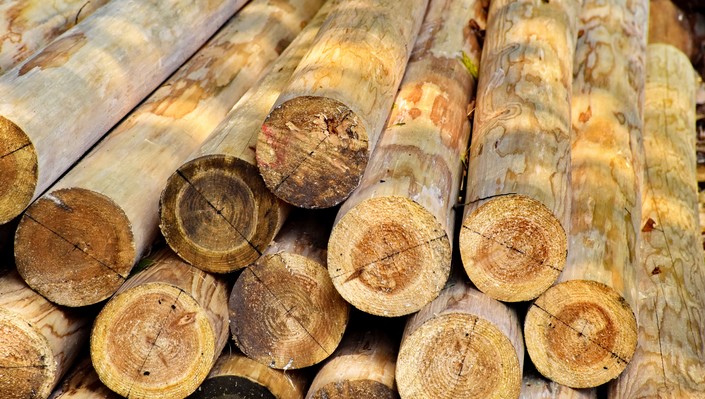On the other hand, the Eurozone shows signs of recovery, with GDP growth accelerating from 0.7% in 2024 to 1.3% in 2025.
The economic outlook for the main trade partners of Chile's forestry sector shows signs of slowdown, according to the latest report from the Organisation for Economic Co-operation and Development (OECD) released by Infor.
China, the largest importer of Chilean forestry products, is expected to grow by 4.9% in 2024 and 4.5% in 2025, marking a decline compared to the 5.2% growth in 2023. This trend is attributed to moderate consumer demand and corrections in the real estate sector, although additional fiscal stimulus is anticipated to mitigate the impact.
In the United States, the second most important trade partner for Chile in this sector, growth is projected at 2.6% in 2024, slowing to 1.6% in 2025. The U.S. economy remains driven by strong domestic demand but faces a cooling labor market and declining inflation. The U.S. Federal Reserve has indicated it will begin a cycle of reducing its policy rate in response to these conditions.
On the other hand, the Eurozone shows signs of recovery, with GDP growth accelerating from 0.7% in 2024 to 1.3% in 2025. This shift is partly due to controlled inflation and increased consumption, as well as improved credit access conditions. However, 2024 growth is also influenced by a low comparison base from 2023, when restrictive monetary policy and weak external demand negatively impacted economic activity.
Projections for other relevant trade partners for Chile's forestry sector also show variations: South Korea with growth of 2.5% in 2024 and 2.2% in 2025; Mexico with 1.4% and 1.2%, respectively; and Japan with a contraction of 0.1% in 2024, followed by growth of 1.4% in 2025.
These forecasts are crucial for Chile's forestry sector, which heavily relies on external demand. Companies and investors will need to adjust their strategies to adapt to a changing and potentially more challenging global economic environment in the coming years.







Comments (0)
No comments yet. Be the first to comment!
Leave a comment